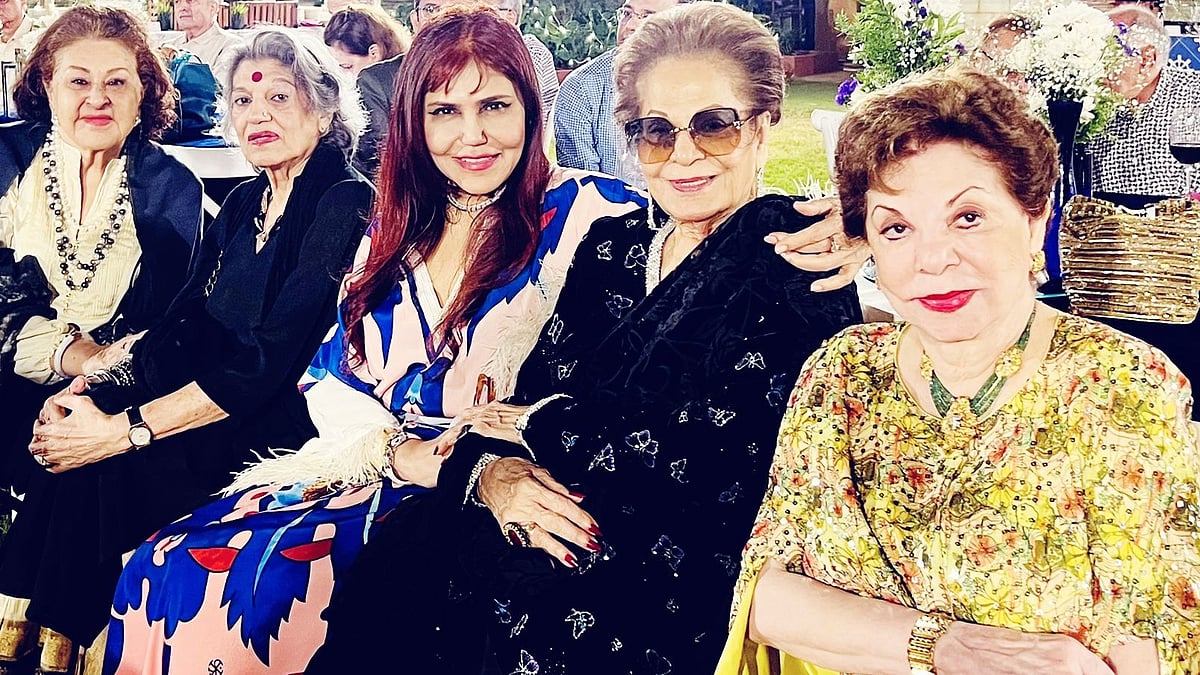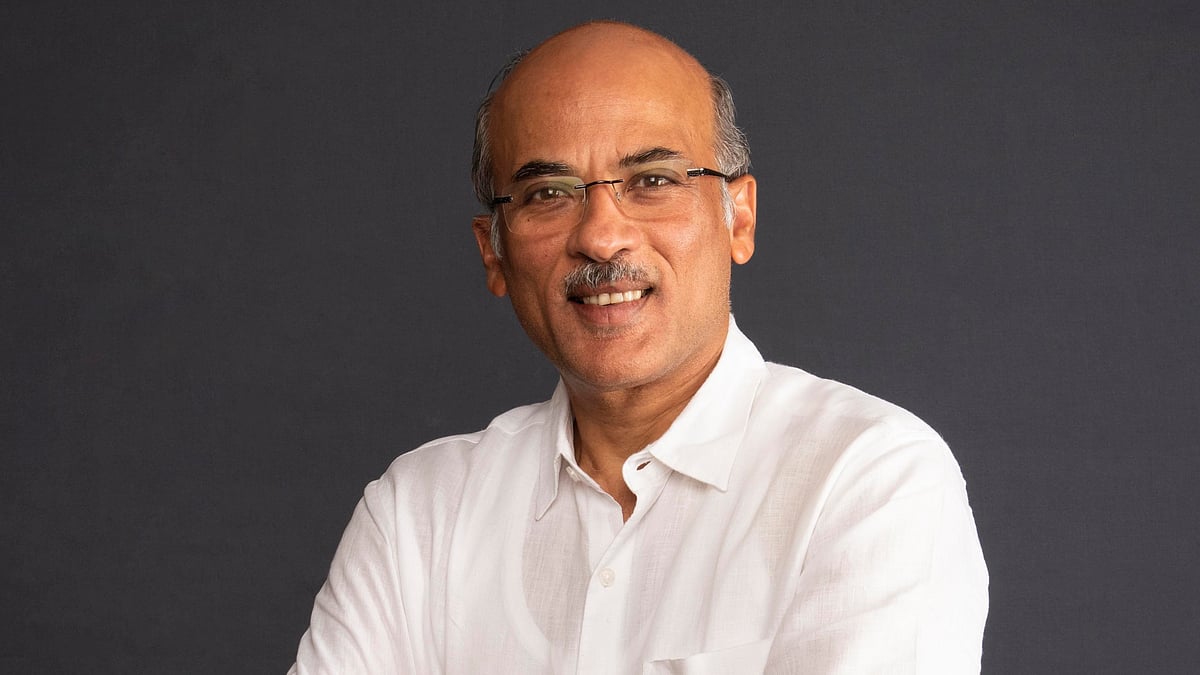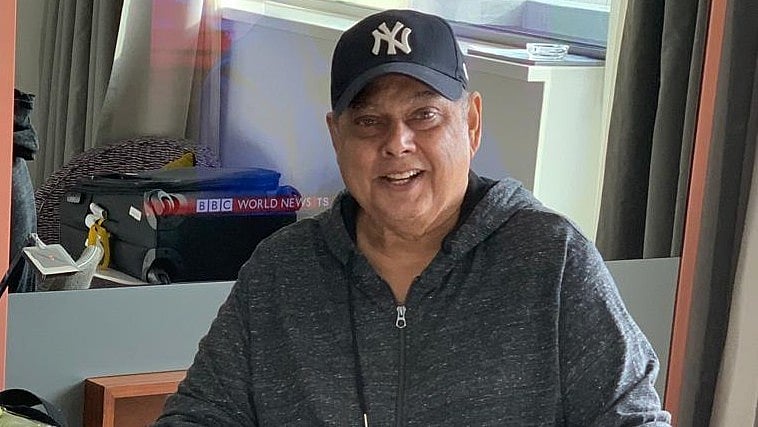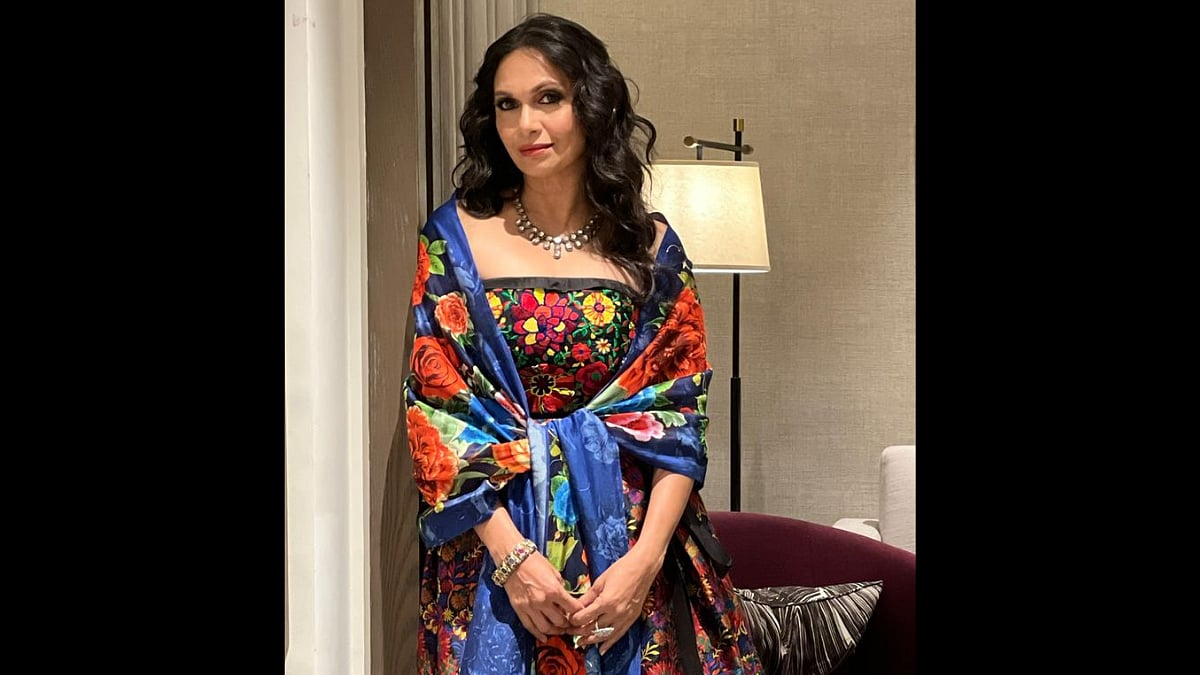There has been for some time a long, drawn-out debate about freedom of speech and expression in our democracy.
Article 19 (1)(a) of the Constitution of India guarantees this right to all Indians. It states that all citizens shall have the right to free speech and expression. However in Article 19 (2) the term “reasonable restrictions” comes to the fore. The right in (1)(a) bestowed on Indian citizens (by all means a human right) is subject to “reasonable restrictions”. Hence all Indians are promised by their own constitution the right to voice how they feel on issues that they want to talk about – in conversation, in the written word, in the press, in movies, etc.
So what are the so-called reasonable restrictions? Those that will set off alarm bells in the exercise of our free rights? To maintain India’s sovereignty, integrity, security, in the context of friendly relations with other countries, in the context of public order, “decency, morality, contempt of court”, defamation and incitement to an offence, the free speech right can be truncated.
In the recent case of the Amazon Prime series Tandav, “religious sentiments were hurt.” In art, a highly subjective mode of communique, is it possible to really interpret what reasonable restrictions are?
Mumbai-based Civil and Constitutional Lawyer Abhijeet Deshmukh attempts to draw up a clearer picture for the layman. Someone wondering what his rights are with respect to expressing an opinion he or she might have, someone wanting to tap into creativity to produce art in the way he so desires. “If a group of people belonging to a community or sect goes to a court saying they are offended, the courts are burdened with the dilemma of balancing free speech on the one hand and the sentiments of the aggrieved on the other. From 1947 to 2000 things were more binary when it came to deciding what public domain is and what is private. However, 2000 onwards, IT has boomed and novel challenges are making things more difficult for courts. A WhatsApp group of friends can end up becoming public domain. With shift in time there is a rapid shift in society and legislations must keep up with these changes. Laws of 19th and 20th centuries cannot be expected to be applied to 21st Century events.”
Deshmukh goes on to compare laws across the globe, in the US, and in Europe, comparing how the freedom to speech and expression law works out in those countries. “Honestly, tolerance has to grow as a democracy matures. In democracies such as some European countries – those that are about 200 or 300 years old, the law concerning freedom of speech is pretty much settled. The American law on freedom of expression is more absolute and less qualified. Hence the comedy cartoon series South Park that was made in the US where in one episode a nuclear bomb is suspected to be in Hillary Clinton’s genital area, did not lead to litigation or censorship. Even Hillary or her followers did not seek judicial intervention. In India, such a series would not have gone down well.”
“In India, ‘right to free speech’ is qualified, and there is a wide degree of judicial discretion in deciding what is offensive and what is not. Also, plea of justification is not an absolute defence. In India, courts have balanced freedom of speech by curtailing right to offend,” he adds.
With such grey areas, is being, appearing, feeling and expressing offence the norm of the day? Several critiques of people in power, just like Deshmukh’s, make references to how laws such as the Law on Sedition, which were in practice when India was under the British, have not been struck down. So what about the series such as Tandav? What about that poet who wants to use absolutely explicit language and phraseology to express raw sexuality in a work of art?
Shares actor Jayati Bhatia about the film, TV and theatre fraternity, “Art is a mirror to the society. What you see is what you get. No creative person will support such offence being taken to everything they do. There has to at least be that much tolerance in the country. What we present can’t be flavoured creatively. Otherwise that’s not art. Have the Tandav and similar episodes affected many in the film and TV field? Not yet. Many of us don’t want to face it or come to terms with it… (such attacks on our creative labour). Hum kis kis ko khush karien? Is this how our country is going to progress? So many times we have featured the Mumbai police in our movies in certain ways, but they have stood by us,” says Bhatia in adulation of the Mumbai police, which she regards as quite tolerant so far. “Jab yeh sab hota hai, humara bhi sentiment hi kharab hota hai.” Bhatia has asserted here that offence goes both ways. It’s not only those who object to their creativity, whose feathers are getting ruffled. It’s the other way round too.
Says a Mumbai-based senior level management consultant, who did not wish to be named. Someone who enjoys his weekend OTT binge from time to time. Someone with strong political opinions of his own but zero tolerance for issues he considers not germane. Speaking about Tandav, which he recently watched cover to cover, he says, “I don’t think there is any culture of getting offended in India. I don’t think the average Indian living in Dharavi or Shivaji Park, in Mumbai, the middle class Indian, is concerned by the Tandav content. These are simply people who want to stay relevant and hence they pick up these non-issues for publicity. The media has worsened the situation. They don’t report responsibly. They showcase these people, they want to show the juicy details of cases like these, and they play things up. People in India sometimes don’t understand the concept of freedom of speech. Somebody needs to stand up to them…”









